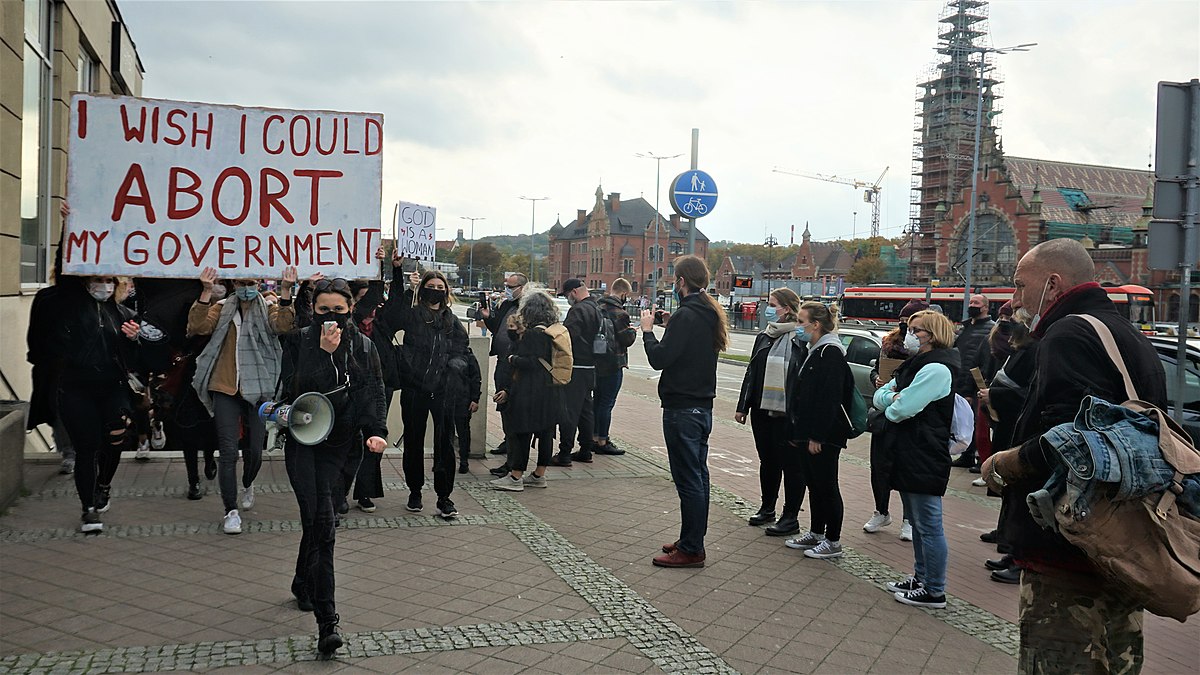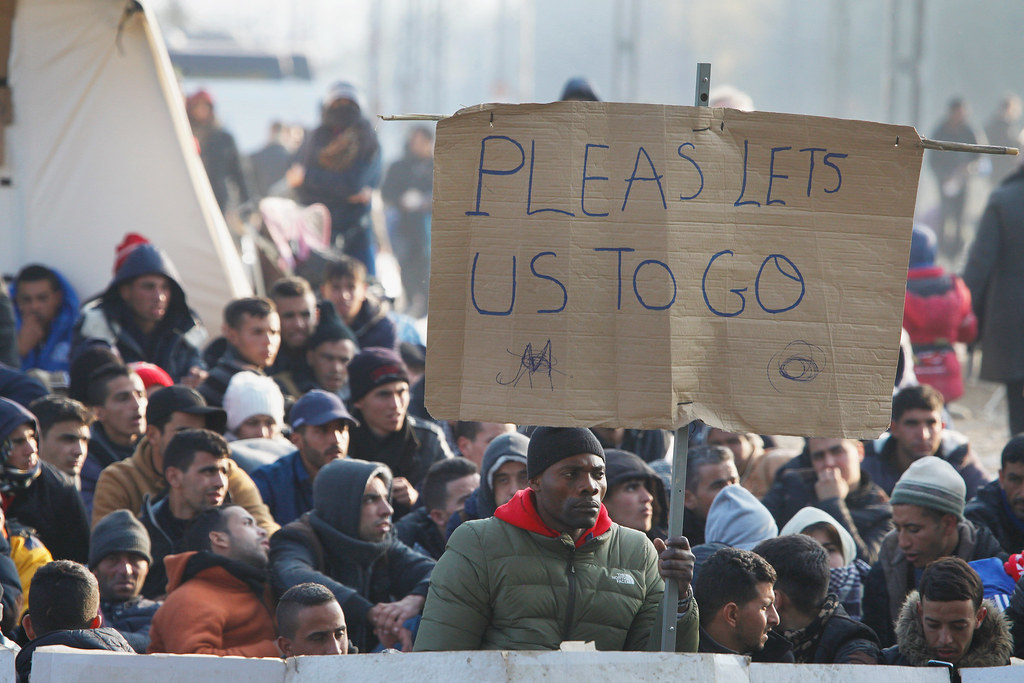
The Ongoing Battle of the Queer Community Against LGBTQ-Free Zones in Poland
By guest contributor: Apurva Ambasth*
Discrimination and vilification of members of the LGBTQ+ community are not untoward or unheard of, rather it is, in fact, one of the most commonplace occurrences around the globe. The rights of the LGTBQ+ Community are in danger due to increasingly violent rhetoric in Poland. One-third of the country, around 100 municipalities have declared themselves “LGBTQ+ free zones.”
This article discusses the situation of the LGBTQ+ community in Poland and provides an insight into the deteriorating relationship between Poland and the European Union due to its discriminatory policies.
Political Homophobia in Poland
The right-wing Law and Justice party (PiS), won the parliamentary election in October 2019 for a second term. One of the major themes of the election campaign of the party revolved around the opposition of civil partnerships, same-sex marriage, and adoption rights for same-sex couples. The party finds its ally in the Roman Catholic Church for promoting “traditional family values” and establishing Polish national values. A poignant...






